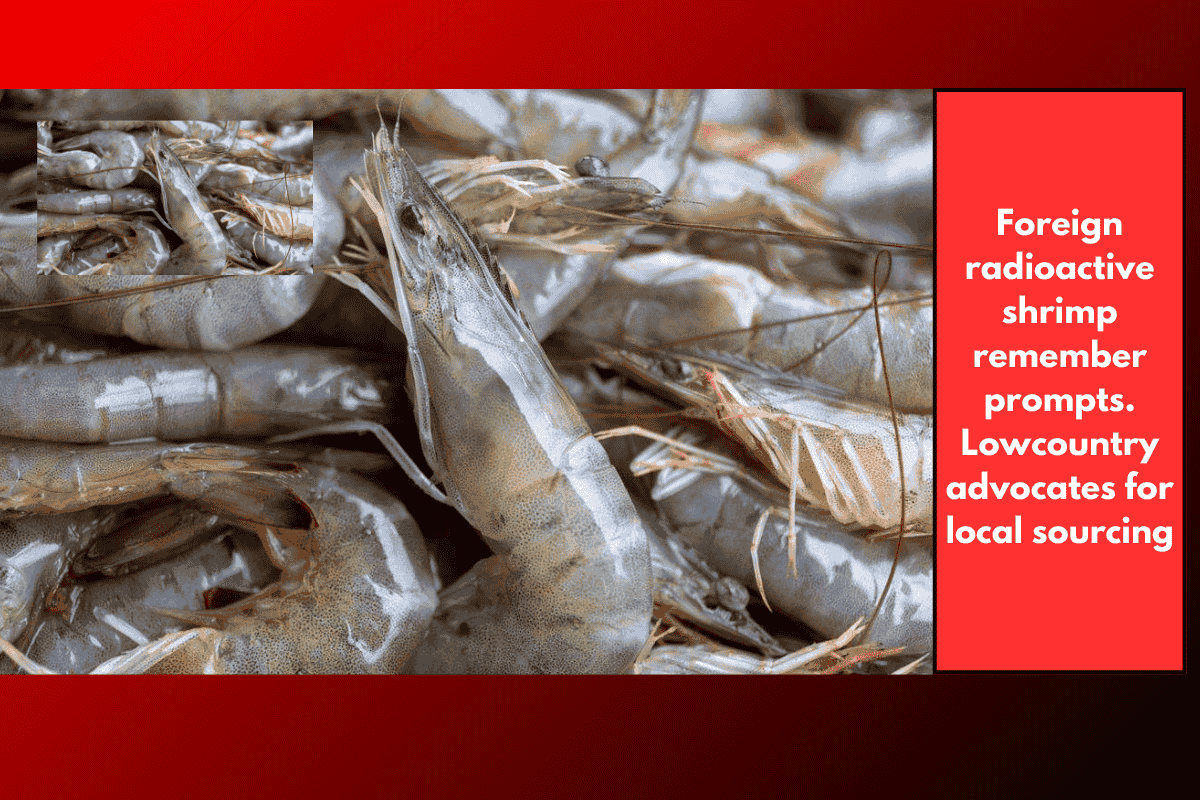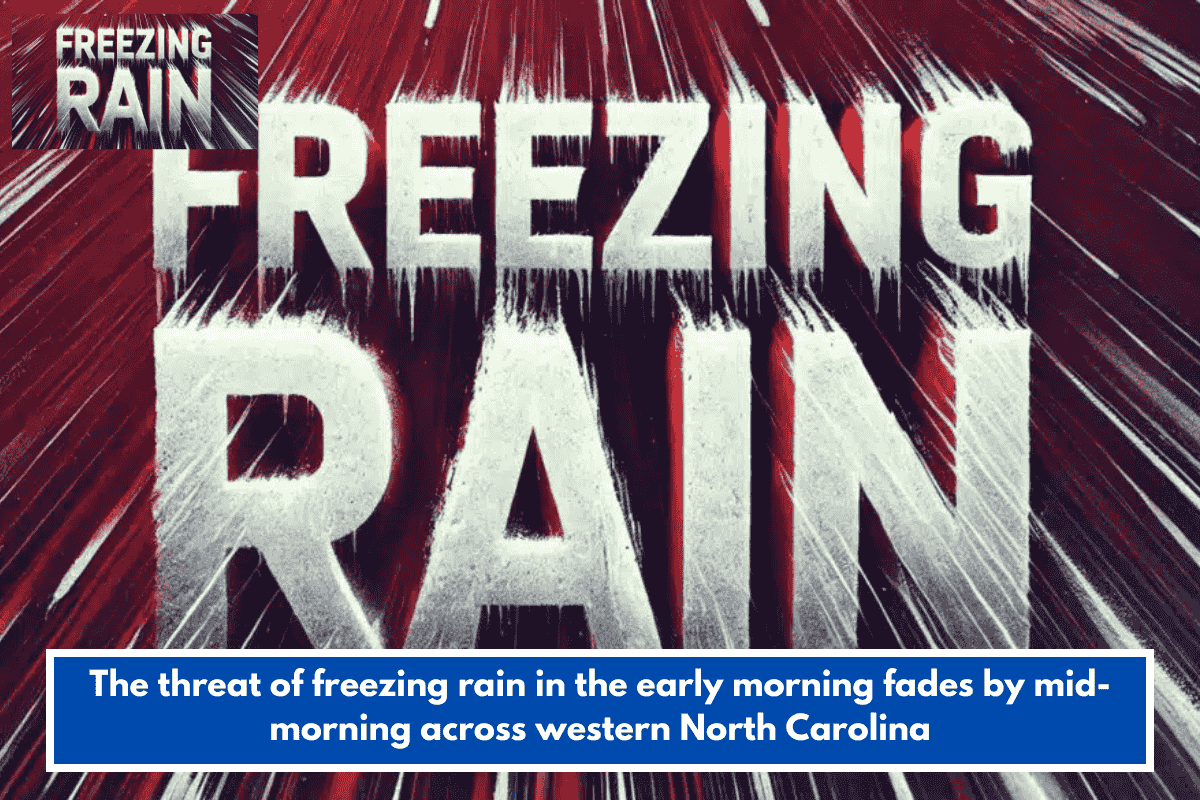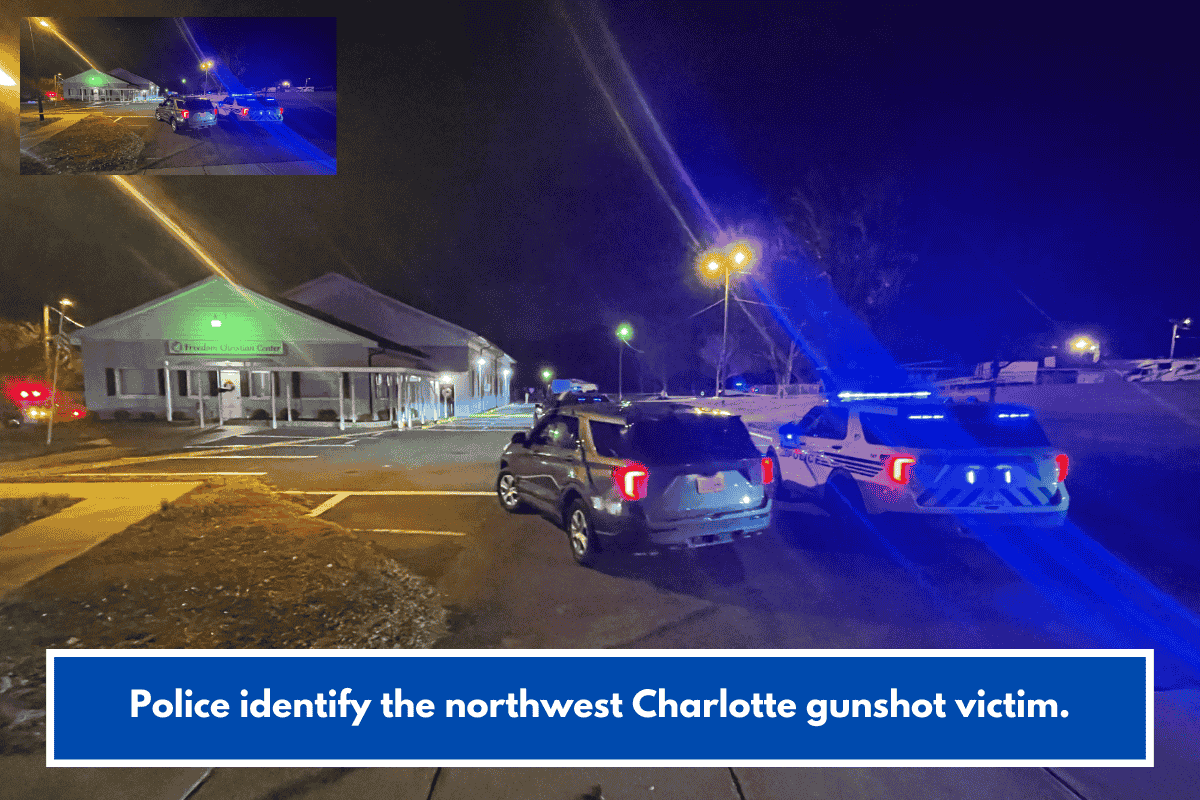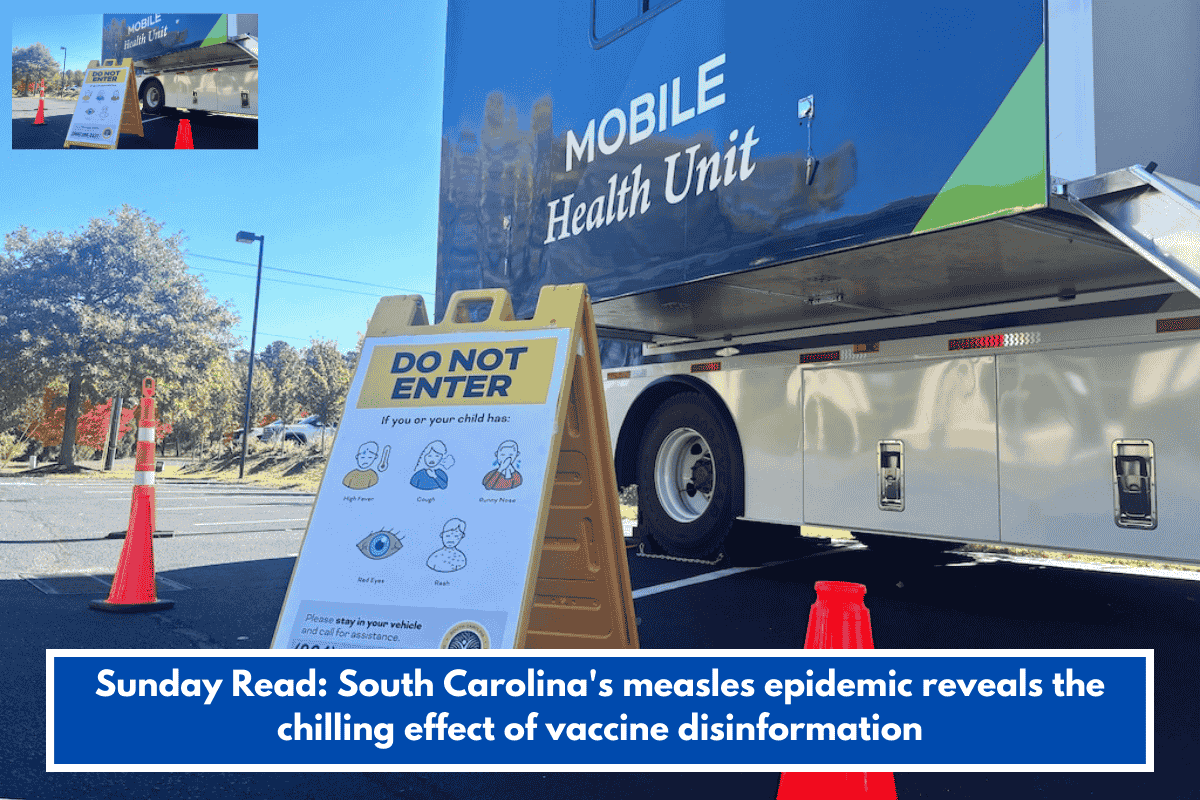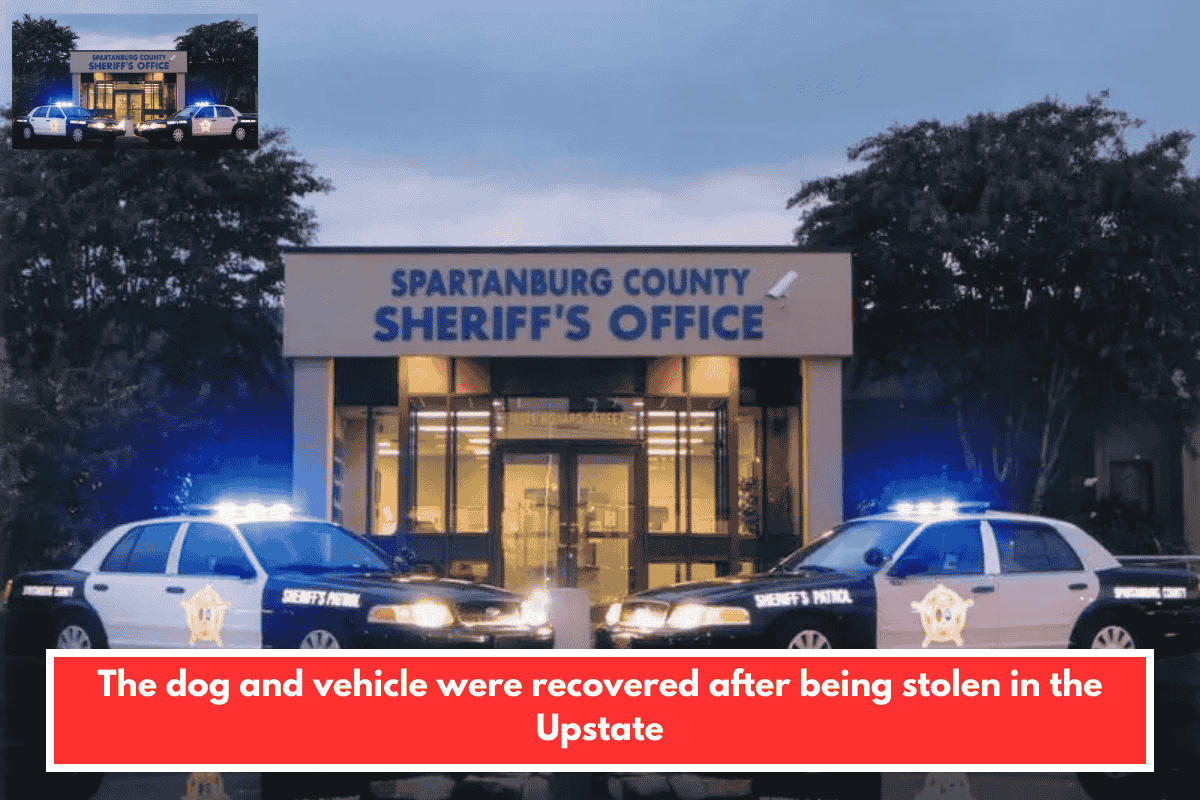The FDA has recalled three lots of Great Value brand frozen raw shrimp sold at Walmart after detecting Cesium-137, a radioactive substance, in a shipment from Indonesia. The contaminated shrimp, distributed across 13 U.S. states, poses a potential long-term health risk if consumed regularly over time.
What Happened: Cesium-137 Detected in Imported Shrimp
The issue was first flagged by U.S. Customs and Border Protection (CBP) officials, who detected Cesium-137, a radioactive isotope, in shrimp containers arriving at ports in Los Angeles, Houston, Miami, and Savannah.
Following the alert, the FDA tested product samples and confirmed contamination in one batch of frozen breaded shrimp from P.T. Bahari Makmur Sejati, processed through BMS Foods of Indonesia.
Recalled Shrimp Details
Consumers are urged not to eat or serve the following lots of Great Value frozen raw shrimp:
Lot Code: 8005540-1, Best by: 3/15/2027
Lot Code: 8005538-1, Best by: 3/15/2027
Lot Code: 8005539-1, Best by: 3/15/2027
These products were sold in Walmart stores in 13 states, including:
Alabama, Arkansas, Florida, Georgia, Kentucky, Louisiana, Missouri, Mississippi, Ohio, Oklahoma, Pennsylvania, Texas, and West Virginia.
South Carolina stores were not affected, according to the FDA.
What Is Cesium-137 and Is It Dangerous?
Cesium-137 is a radioactive byproduct of nuclear activities like bomb testing and nuclear power plant operations. While low levels are already present in the environment, exposure to higher levels over time may increase cancer risk due to potential damage to DNA within human cells.
The amount found in the shrimp was below the FDA’s intervention threshold, but the agency still recommends avoiding consumption to reduce unnecessary exposure.
If you suspect exposure, the FDA advises speaking to a healthcare provider for further guidance.
How Did This Happen?
The FDA is continuing to investigate how the contamination occurred, specifically in shipments from Indonesia. Containers and products that tested positive or triggered alerts have now been denied entry into the U.S.
This incident has re-ignited concerns about the safety of imported seafood, especially in coastal communities like South Carolina, where local shrimping remains a cultural and economic cornerstone.
Local Shrimpers React: A Wake-Up Call for the Industry
While no SC Walmart locations were affected, the news hit close to home. Craig Reaves, a veteran shrimper and owner of Sea Eagle Market in Beaufort, said the recall highlights ongoing concerns about imported seafood.
Reaves believes the recall draws attention to “what’s left of the local shrimping industry” and how imports can pose not just economic challenges but health risks too. He also referenced recent cases of shrimp fraud in Lowcountry restaurants, adding to public concern.
Recent tariffs placed on shrimp from Vietnam and Indonesia are also aimed at supporting U.S. shrimpers, including those in South Carolina.
The recall of radioactive-tainted shrimp brings into focus larger issues in America’s seafood supply — from food safety and foreign imports to the struggles of local fishing industries. As consumers become more cautious, the spotlight is returning to locally sourced shrimp, not just for freshness and flavor, but for peace of mind.

